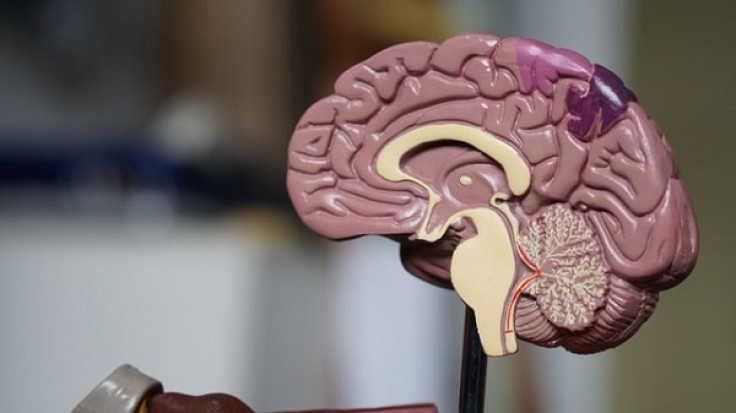Eating at least one to two servings of fish rich in omega-3 could help protect the human brain against damage by air pollution. A study took subjects of older women who live in areas with high levels of air pollution. They found that those who had the lowest levels of omega-3 fatty acids in their blood had greater brain shrinkage.

Omega-3 protects the human brain
Researcher at the Columbia University Irving Medical Center in New York, Cheng Chen, Ph.D., told Medscape Medical News their findings. Chen said that omega-3 levels reduced the effects of air pollution in white matter volumes in the older women in the US. The team found that those who took omega-3 and non-fried fish had similar protection.
Chen said that their findings prove that a healthy diet is good for the brain. It could reduce the harmful effects of air pollution against cognitive decline and neurodegeneration.

Previous studies
In previous studies, long-chain omega-3 polyunsaturated fatty acids (LCn3PUFAs) decreased brain damage by air pollution. They prove effective against exposure to environmental neurotoxins. Examples of them are lead, organic solvents, and methyl mercury.
Until recently, no study focused on whether LCn3PUFAs could protect against PM2.5 exposure neurotoxic effects.
Chen's team gathered data from the Women's Health Initiative Memory Study (WHIMS). They studied if the blood LCn3PUFA levels could change the link between PM2.5 exposure and brain structure.
Their 1315 subjects were enrolled from 1996 to 1999 with an age range of 65 to 80, and without dementia. Then asked them to answer questionnaires about diet, physical activity, and medical history. The team gauged the women's average PM2.5 exposure for more than three years. The subjects were tested through brain MRI from 2005 to 2006.
They found that those who had greater omega-3 levels in the blood had better brain condition. They showed a larger white matter and hippocampus volumes after considering other factors.

Experts' comments on the study
Chief of neurology at Piedmont Healthcare in Stockbridge Georgia, Lilly Jung Henson, commented on the study. She said that this is a clever look at the possible benefits of eating fish. They prove to be against the environmental risk of dementia. She added that it is a great way to sort out variables that might affect brain health on a macro level.
Lenox Hill Hospital in New York City clinical nutrition manager, Katrina Hartog, RD, also commented. She warned that the study did not limit the frequency and dosage intake of supplemental fish oil. For her, more research is needed.
Conclusion
Based on the findings, people should include more omega-3 fatty acid foods in their diet. Better if they would substitute fish for red and processed meats. Herring, mackerel, salmon, flax seeds, and chia seeds are the best sources of omega-3 fatty acids.
See other health-related articles:
Ovarian Cancer: Researchers Develop New Tool That May Help Women Better Understand the Disease
Decrease Your Salt Intake to Improve Your Gut
4 Advantages of Using Egg Coating [That You Did Not Know About]
World Environment Day: 7 Everyday Things That You Might Not Know Produce Harmful Chemicals